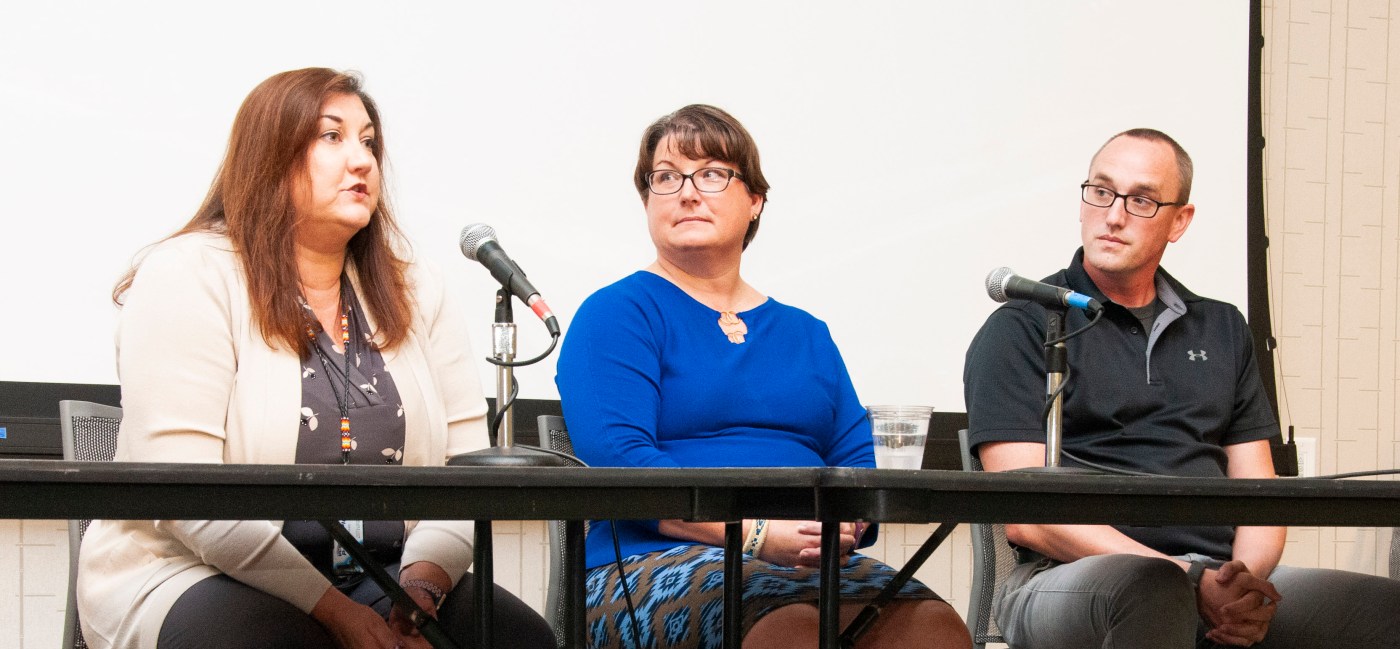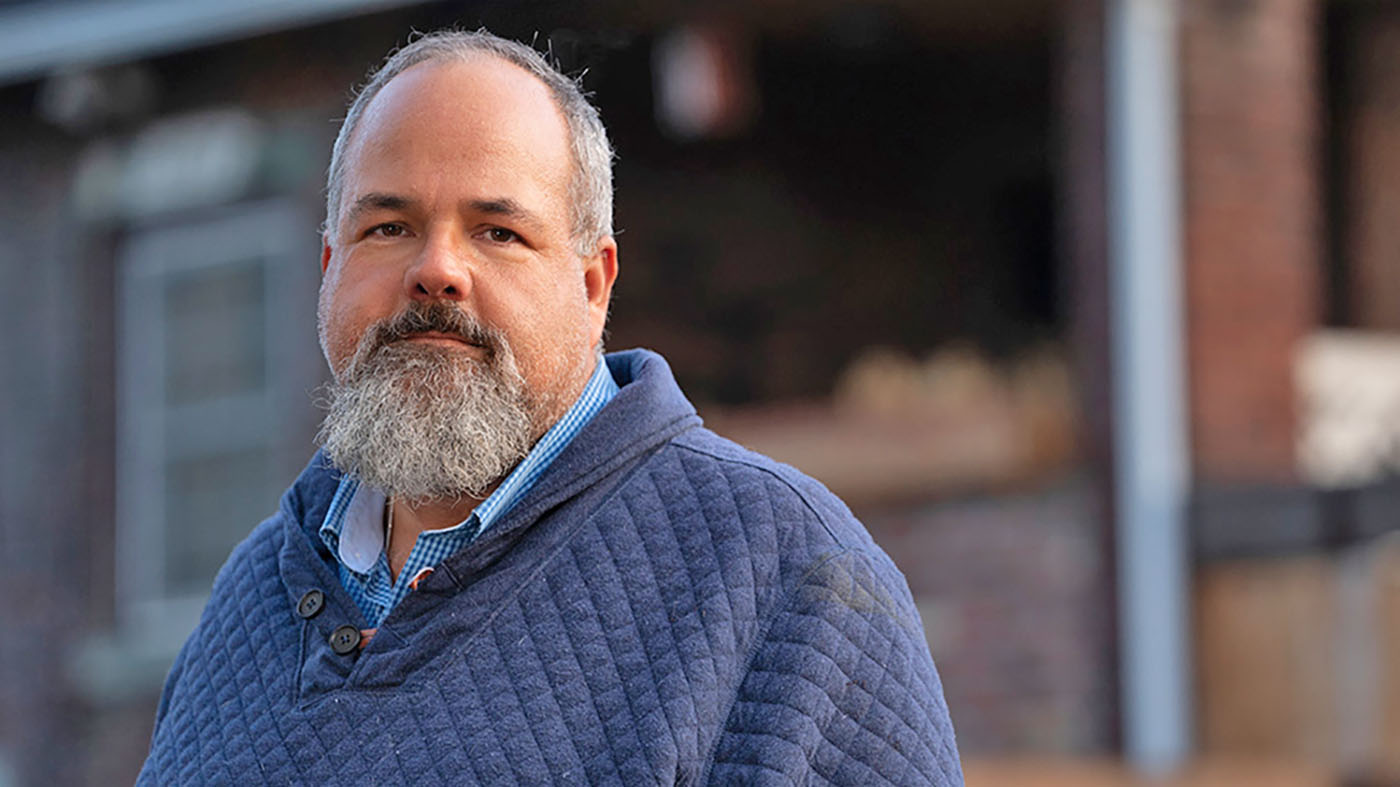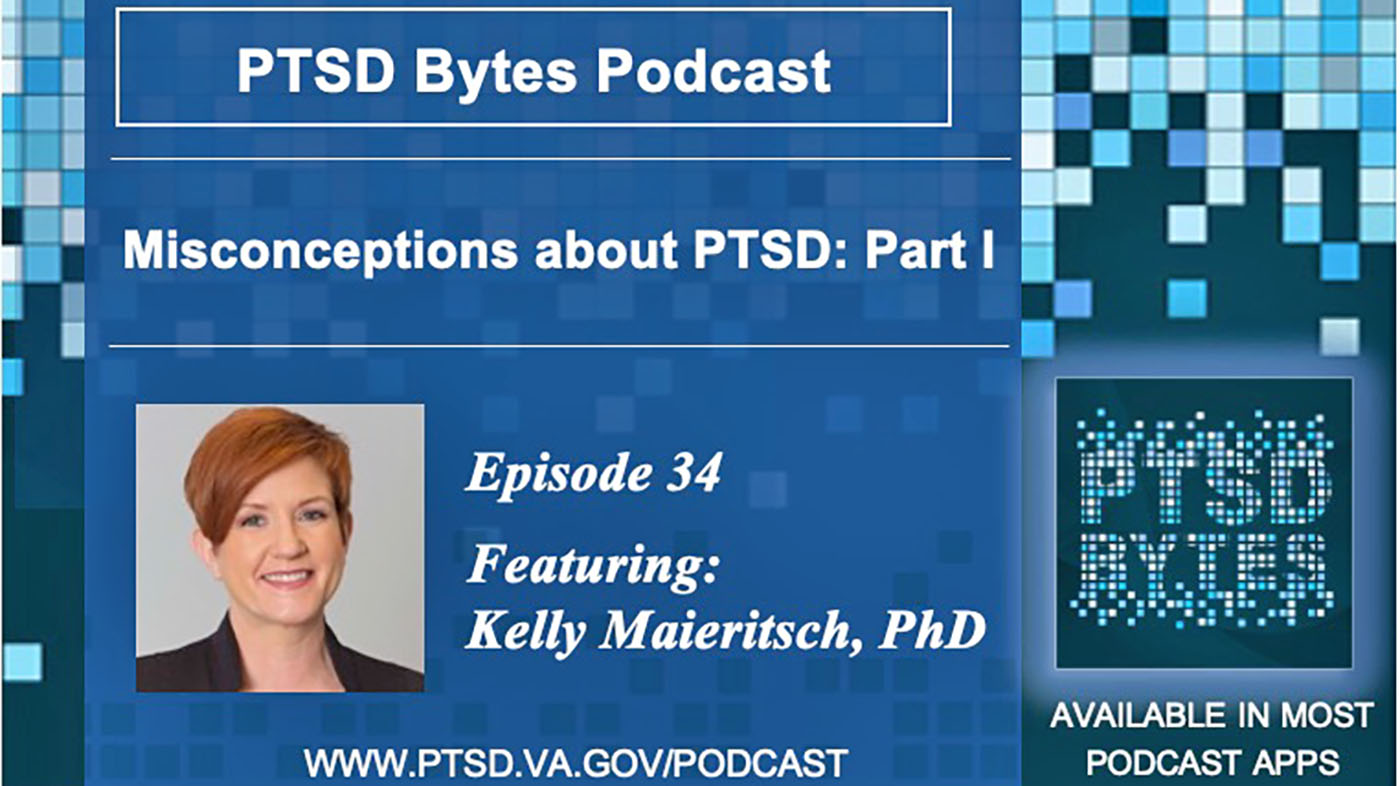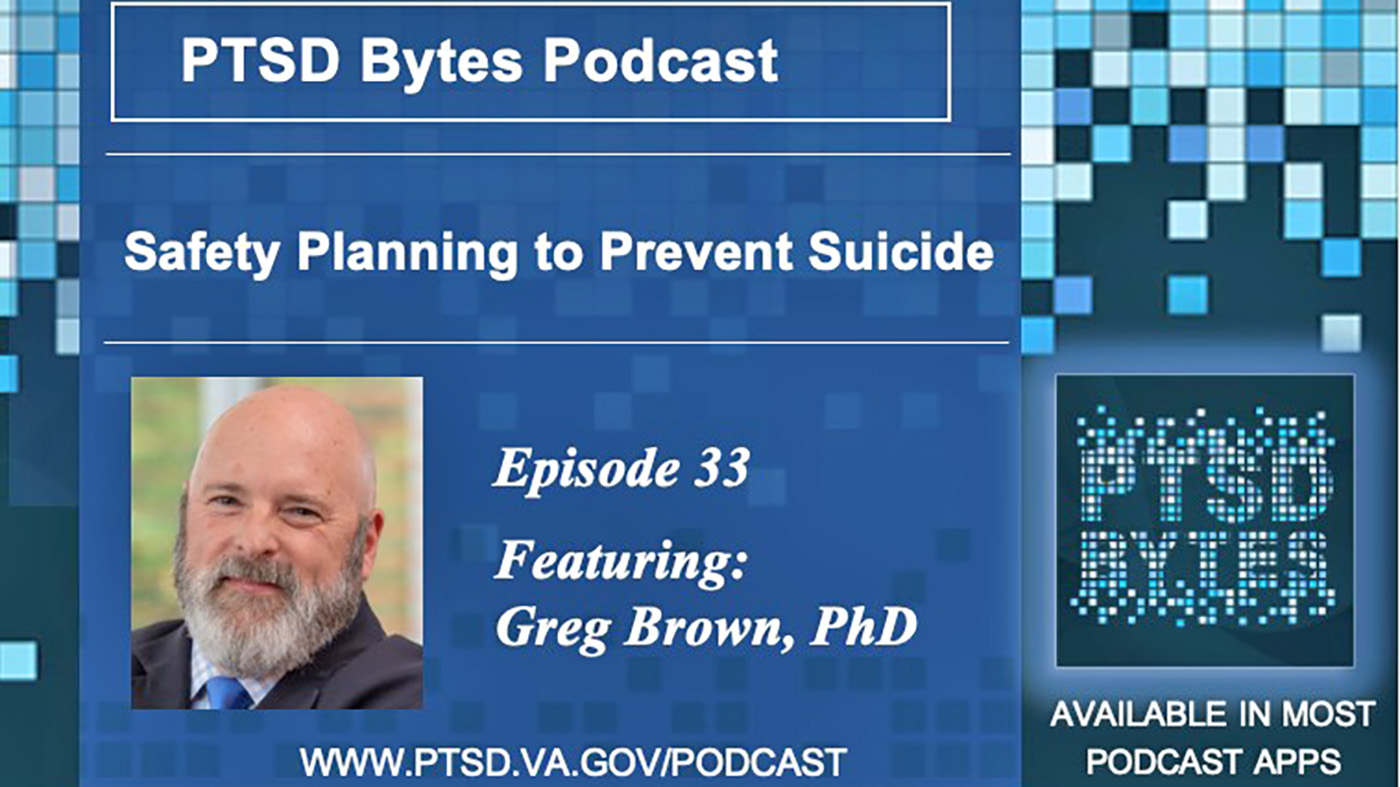For the seventh consecutive year, the Eastern Oklahoma VA Health Care System conducted a Mental Health Summit to discuss how VA and community providers can better meet Veterans’ mental health needs.
More than 150 VA and community providers gathered at the University of Tulsa. The summit’s presentations and small work group discussions focused on a variety of topics. The summit focused on suicide prevention, military culture, evidence-based mental health treatments and new initiatives to improve access to care.
The Mental Health Summit is a great opportunity to share critical information with the community. But for Dr. River Smith, a VA Psychologist, the event also serves to strengthen relationships with community partners.
“The summit gives us the opportunity to share what we do at VA, specifically how we provide evidence-based mental health care,” said Smith. “But VA can’t do it alone. Building community partnerships is key to decreasing Veteran suicide and ensuring that Veterans are receiving the best care.”
Breaking the barriers and stigma
Jeremy Nikel, a VA Homeless Substance Use Disorder Specialist and Navy Veteran, led a presentation on military culture. He discussed the stigma of mental health care and other barriers Veterans may face before seeking mental health care.
“With a large number of Veterans receiving care outside the VA, it is critical that community providers at all levels have a working knowledge of military culture,” said Nikel. “Veterans are diverse and represent a cross-section of the communities in which they live. By better understanding the challenges Veterans face, community leaders and providers can more confidently and effectively help reintegrate Veterans into their communities.”
Mark Lounsbury, Oklahoma Chapter Director of Veteran Services for the Volunteers of America, attended the summit for the fifth consecutive year. He said that suicide prevention information is a vital part of the summit.
“We run a homeless Veteran reintegration program, which is a Veteran specific employment program,” said Lounsbury, a Marine Veteran. “We work really close with VA to get Veterans the care that they need. However, we’re not mental health professionals. We have to be able to recognize crisis warning signs, so we can get Veterans the care that they need.”
Nate Schaeffer is a public affairs specialist at the Eastern Oklahoma VA Health Care System
Topics in this story
More Stories
Be ready before a suicide crisis by learning about resources that are available. You don’t have to face it alone.
In a two-part series, Dr. Colleen Becket-Davenport discusses some common myths surrounding PTSD with Dr. Kelly Maieritsch.
In this episode of the PTSD Bytes podcast, we speak with with Dr. Greg Brown, Philadelphia VA clinical psychologist, about how safety planning can prevent suicide.






